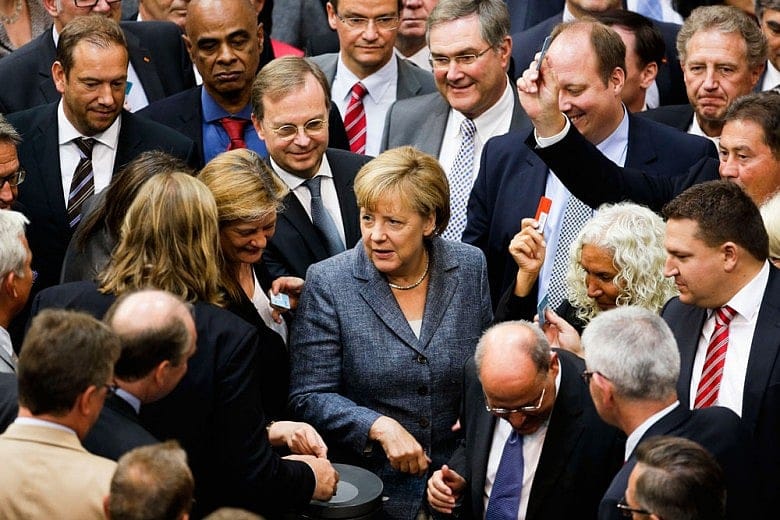EU leaders extend border controls; Merkel warns against ‘nationalism’

(CNSNews.com) – Amid growing sentiment against open borders, European Union leaders are meeting in Rome to discuss the future of Europe's refugee crisis, having taken a decision to extend internal border controls.
German Chancellor Angela Merkel sounded a note of caution, saying that solving the migrant crisis by closing Europe's borders raised the risk of "falling back into nationalism."

